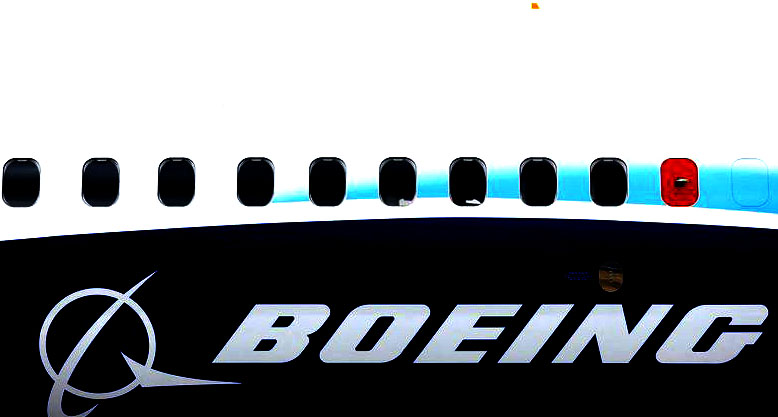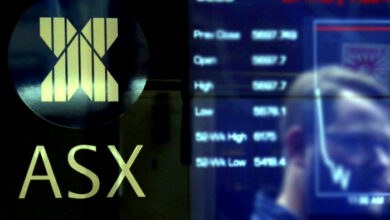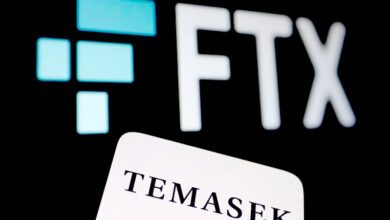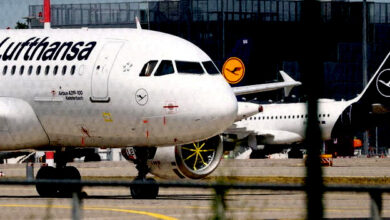Boeing to develop an R & D facility on sustainable aircraft fuel and electricity in Japan

Tokyo (Reuters) Boeing (NYSE:BA) Co said on Monday it planned to create a research and development (R & D) centre in Japan to further development in sustainable aviation fuel (SAF) and to promote electric and hydrogen aircraft technology.
The facility will also focus on robotics, digitisation, automation and carbon fibre composite materials for the aviation industry, the U.S. aircraft manufacturer said in a news release.
The global airline industry’s objective of net zero emissions by 2050 is mainly based on its capacity to create more SAF, but electric and hydrogen-powered planes could play a minor part in emissions reductions.
The industry requires massive investment in SAF, which uses feedstock such as animal fat and cooking oil and which is now in scarce supply and far more expensive than traditional jet fuel.
The industry aims for SAF production to account for 65 percent of fuel needs by 2050, up from less than 0.5 percent in 2021.
Japan lacks SAF production right now, while domestic aircraft operators ANA Holdings Inc and Japan Airlines Co Ltd have both pledged to adopt SAF to cover 10 percent of their fuel demands by 2030 in line with a government mandate.
In April, French oil and gas giant TotalEnergies SE and Japanese rival ENEOS Holdings Inc announced a feasibility study to investigate production of SAF at ENEOS’s Negishi refinery in the eastern Japanese city of Yokohama. It might potentially begin production in 2025, aiming at a capacity of 300,000 tonnes a year.
Boeing has committed to its planes’ being certified to operate on 100 percent SAF by 2030.





